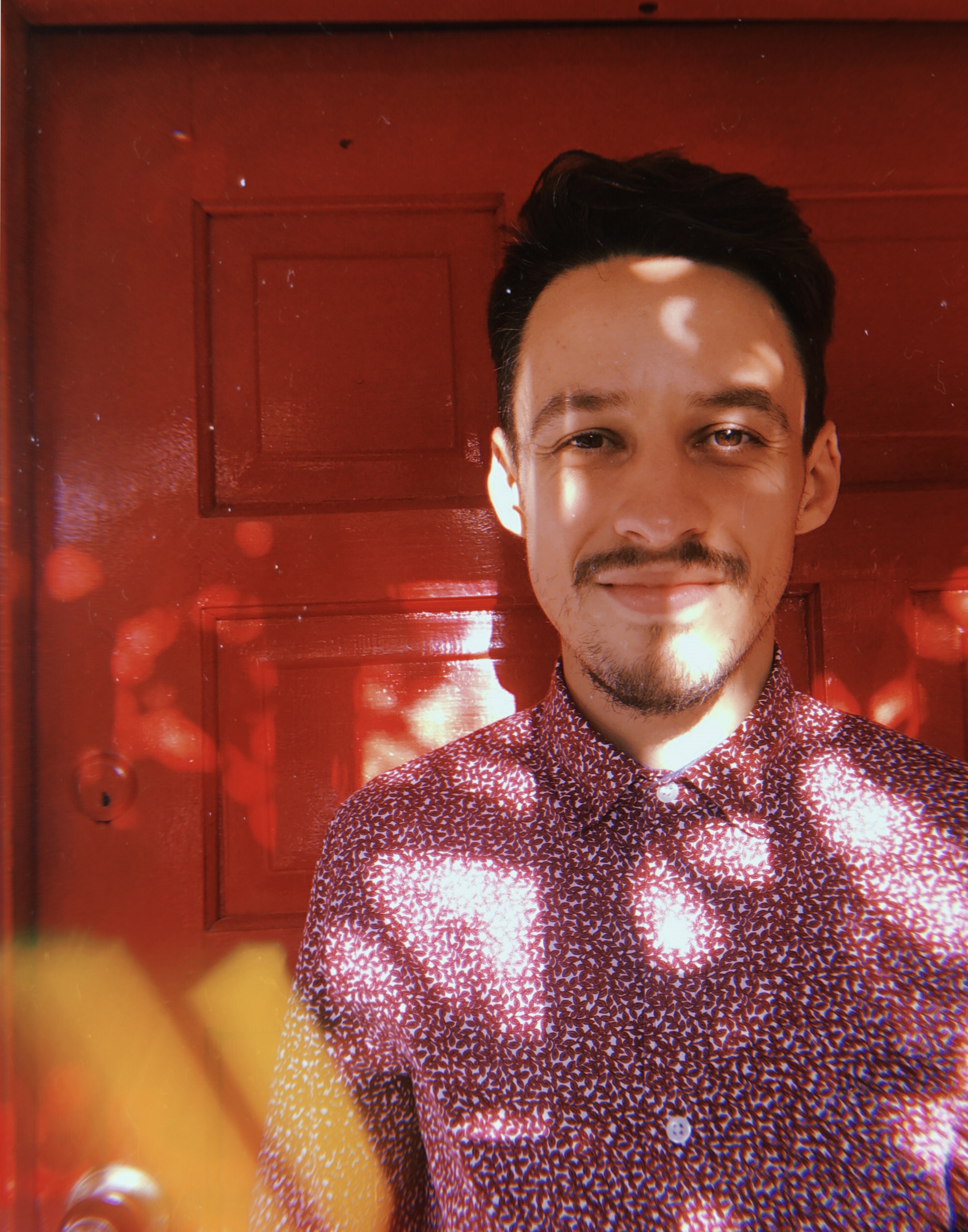Healing, from the Proto-Germanic "hailjan," literally means “to make whole”
On the heels of the New Year, I am excited to officially announce my newly-designed writing coach service: WRITING AS HEALING PRACTICE. Here’s how it started. In my 5 years as writing coach and tutor, many of my clients brought a slew of emotional and spiritual struggles, leading to writers block or lack of confidence. These challenges not only impacted their personal life, but their writing. My training in ministry (M.Div.) equipped me with the tools of self-awareness, social analysis, and spiritual care. But how could I relate writing coaching to spirituality?
Luckily, in my own progress as poet, I felt that more open, meditative, and playful practices like sensory awareness, memory recall and journaling helped me understand my writing and my life; they allowed me to self-define as opposed to be defined by others. So over the course of three years, I began to boil down my writing and spirituality to three key principles: 1) awareness (sensory, emotional, social), 2) self-definition (history, flexibility of language, imagination) 3) culture-creation (publishing, speech, relationships). Through a more aware use of language—written or oral—you may restore a more agile, empowered relationship to language, oneself, and the world. Words themselves become the most versatile instruments in re-imagining personal and relational struggles.
It is also important to emphasize that, in cases of mental disorders, my writing coach service is NOT a substitute for therapy or a medical treatment plan. Although there is a growing body of research to support the physical/mental benefits of writing, with my service, healing (from Proto-Germanic *hailjan; literally, “to make whole”) is defined as partnership (or alliance) in a creative writing process that supports your development as a whole. In other words, though my approach is informed by the latest clinical research, it is centered around the aesthetical and spiritual (not the medical). Whereas a therapist offers the most well-equipped clinical approach to mental disorders and interpersonal conflicts, I offer the most well-equipped literary approach to self-understanding and social reconfiguration.
In my sessions you may:
Discover how personal struggles can fuel creativity
Explore the flexibility of language in self-definition and culture-creation
Gain insight into how language impacts social relationships
Unlock how mindfulness exercises remedy writer's block
Explore the techniques of other writers, filmmakers, visual artists and poets
Mine your memories, sensations, and surroundings for creative material
Your 60-min free trail session:
OPTION A. Through the Lens of Others: A General Introduction to Writing as Healing
1. Defining Your Goals (10 min)
2. Writing as Healing: definition, process, tools (10 min)
3. The Flexibility of Language: exploring the work of others (15 min)
4. Free-writing Exercise (10 min)
5. Discussion and Q&A (15 min)
OPTION B. Through the Lens of Your Story: A Customized, Theme-based Introduction
1. A Little About You (10 min)
2. Writing as Healing: definition, process, tools (10 min)
3. The Flexibility of Language: a customized, theme-based exploration of other writers (15 min)
4. Free-writing Exercise (10 min)
5. Discussion and Q&A (15 min)
To book your free 60-minute trail session, please write to konstantinkulakovpoetry@gmail.com or fill out the contact form with your free times as well as your desired option. Sliding scale is available.










